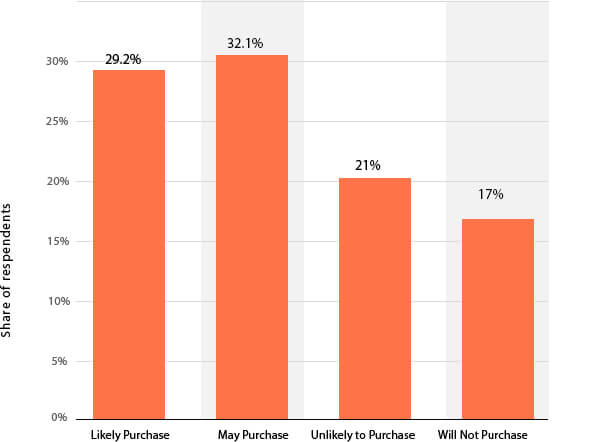








Coronavirus has brought a dynamic change in the consumers purchasing habits. With E-pharmacy companies rendering a great user experience by offering convenient doorstep medicines and healthcare product deliveries, consumers are now shifting towards purchasing medicines using online means. Self-isolation measures have also triggered consumers to adopt eCommerce to get quick delivery of medicines. This dependency of consumers on online medicine delivery marketplaces has projected growth in the sector.
Rapid technological advancement has enabled people to order medicines using mobile apps. The medicine delivery app caters to the needs of a wider customer base. The app enables the elderly population to reduce dependency and order medicines themselves. With this facility, the patients can receive their orders at their doorsteps and make payments conveniently using e-payment methods.
Entrepreneurs can launch an online medicine delivery platform using any of the following types of business models.
Under the single-vendor pharmacy store, the admin manages both inventory and delivery. Administrative as well as other supplementary costs are less in this type of business model.
The owner of the online pharmacy business collaborates with pharmacy stores & forms partnerships in this model. On partnering, the brick & mortar stores get listed on the website.
The admin can view order requests, monitor orders, and other ongoing activities directly from the dashboard.
View orders received, orders cancelled, and delivery status with advanced analytics.
The admin can track the location of the delivery agent in real-time with this advanced feature.
Attract more customers by creating exciting offers, promo codes,and discounts.
The delivery partners can receive instant notifications and perform deliveries.
This feature enables the delivery staff to share their availability as online or offline with the app.
With integrated Google Maps functionality, the delivery partner can track the shortest route for quick deliveries.
Multiple payment options like wallets, plastic money, and other e-payment methods make it easy to receive payments.
To render pharmacy services, the vendors have to register themselves.
The pharmacists can easily verify and review prescriptions uploaded by patients.
This feature allows online pharmacy businesses to keep a track of every activity taking place on the website and monitor overall performance.
Using the vendor dashboard, the pharmacists can conveniently update information by adding, deleting, and modifying data.
The customers have to first register on the app using valid credentials(email and password) and then login to use the services. The customers can also login using their social media credentials.
The customers can upload prescriptions on the delivery app and search for medicines.
By using the integrated e-payment methods, the customers can make in-app payments after placing orders.
The customers can stay updated about the latest offers and discount schemes with this feature.
Apart from choosing the right eCommerce medicine delivery platform, there are many regulations and laws that have to be considered before starting an online medicine delivery business. In the initial phase, the process can be complex as many countries have already penned guidelines to regulate the commercial supply of pharmaceuticals.
To avoid any malpractices, the online medicine delivery startup must focus on
being compliant with national drug laws.
Let's take a look at the steps to be followed when
starting an e-pharmacy.




Please fill in the details below to get your free personalized demo scheduled!